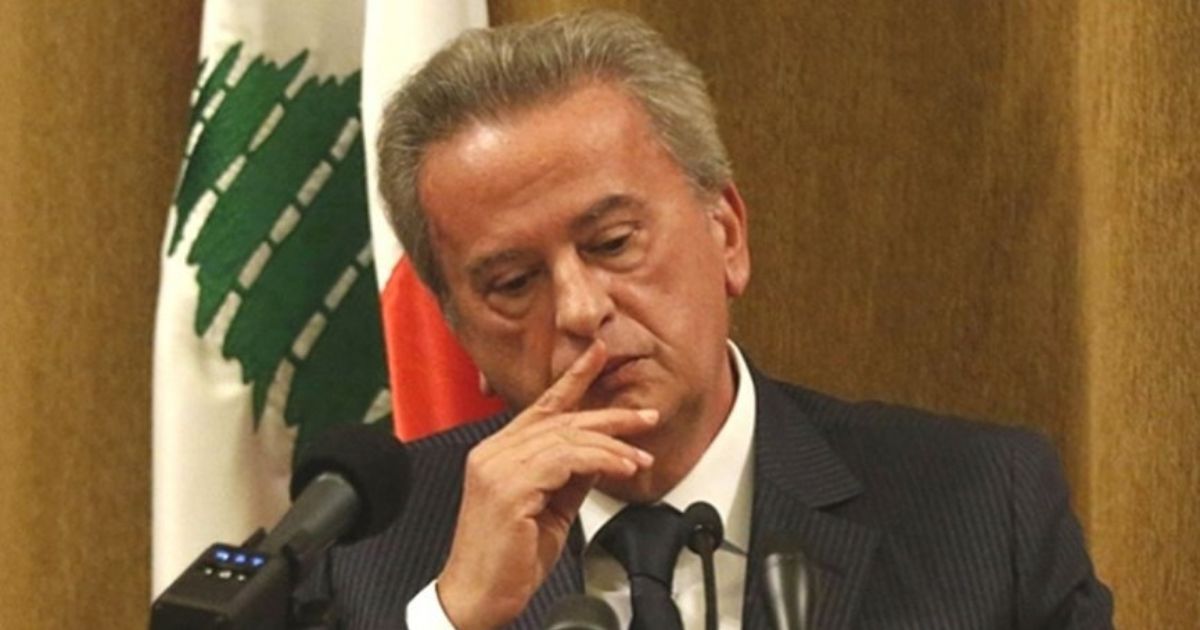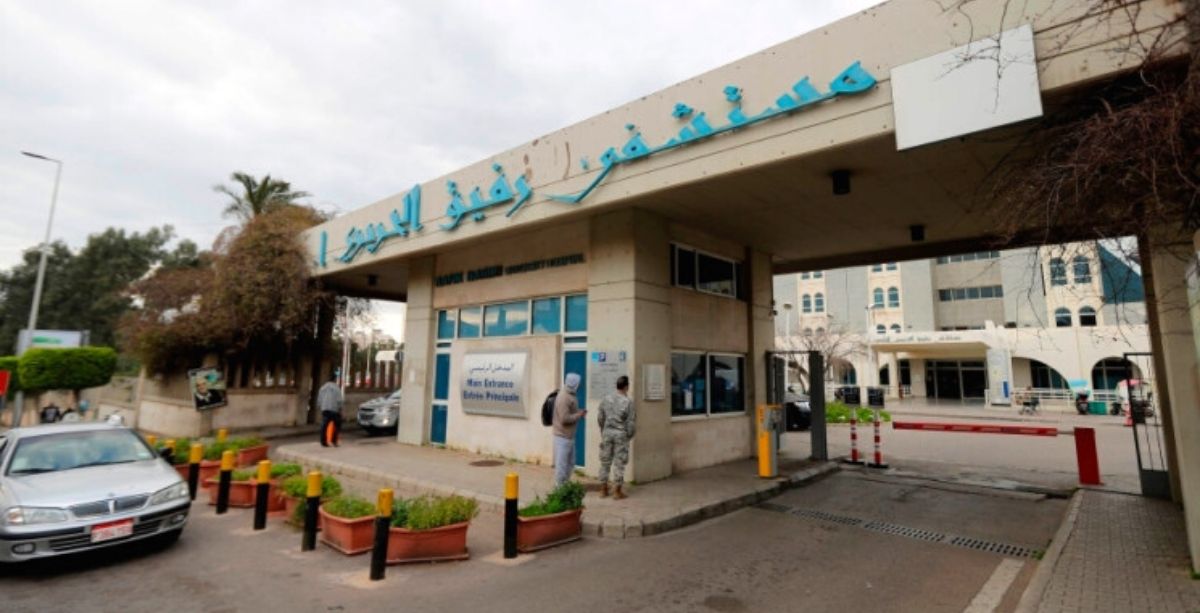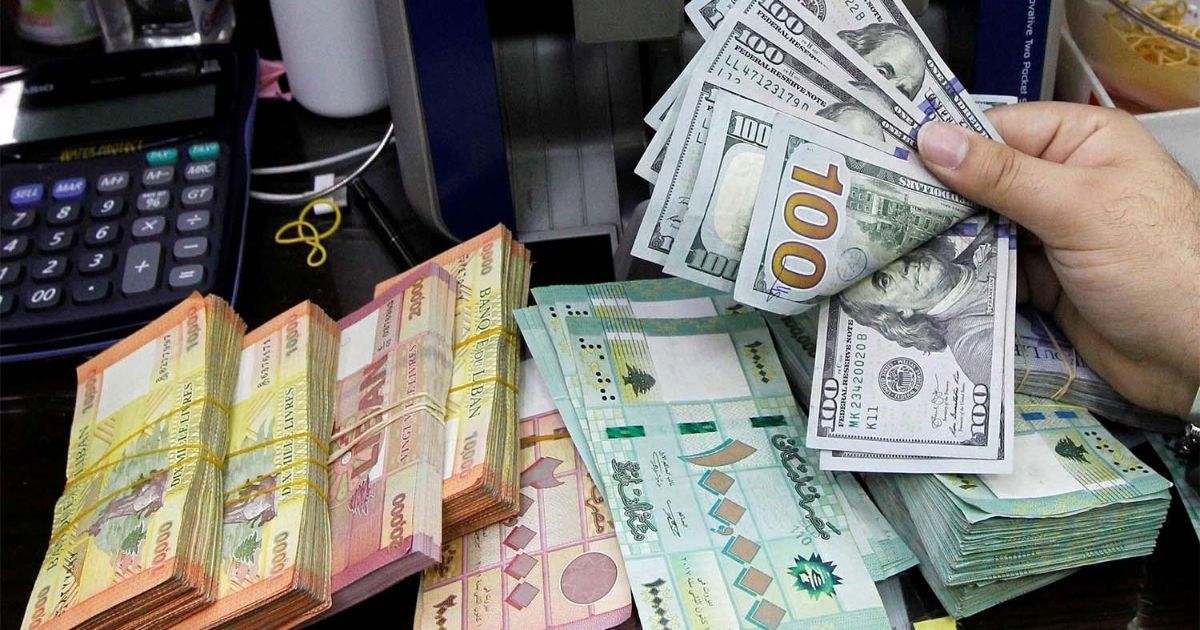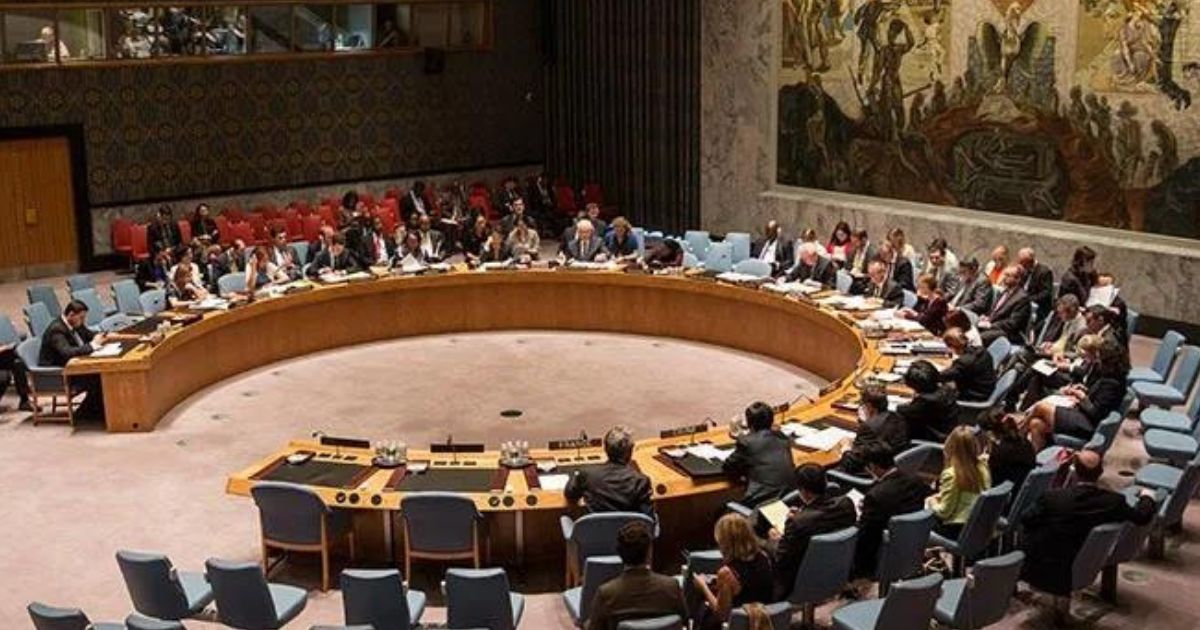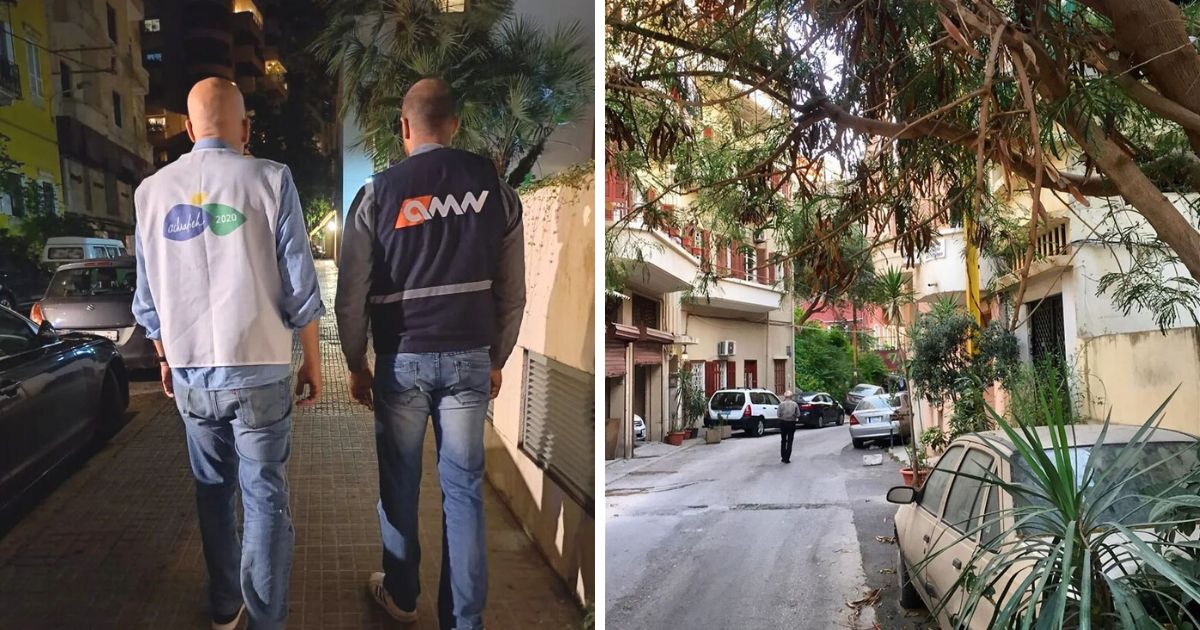As the crisis in Lebanon prolongs, no solutions appear on the horizon for the disruption that has piled up crises on the shoulders of the Lebanese people.
In the absence of radical solutions, decisions for solutions have turned into a patchwork to only pass time.
Among the recent suggestions for a solution is related to the Lollar withdrawals, which rates are expected to increase from 3,900 LBP to a range between 8,000 LBP and 10,000 LBP.
This has opened a wide discussion about the benefits, effects, and repercussions of increasing the withdrawal ceiling at higher rates, should such decision be taken.
It is to note that “a Lollar is a Lebanese dollar, or a US dollar which is stuck in the banking system, really just a computer entry with no corresponding currency,” according to Dan Azzi, an advanced Leadership fellow at Harvard University and the person whom the Lollar term was coined by.
In a call with the former Executive Director of Payment Systems at Banque du Liban, Ramzi Hamadeh told The961 that people now need their money more than in the past, but banks are holding them back, and, by raising the bank rate, people will take their money at a price close to their actual worth.

Additionally, the major consequence of such a decision is inflation due to the excess presence of the Lebanese Pound, which is currently almost 45 billion and already a large number, in addition to the unavailability of the fresh dollar in the market.
“Such a decision, if taken, will not have any implications of the 158 rule, which sets out an exceptional framework allowing depositors to withdraw limited amounts denominated in foreign currencies,” Ramzi Hamadeh explained.
The banks are ready for such a decision because they have no problem when it comes to the Lebanese Pound. After all, no matter how bad things get, the banks will still get deposits from loans and other sources and the process wouldn’t face that many obstacles.
The final decision regarding increasing the bank rate hasn’t been taken yet and for it to be done properly, because the over availability of the Lebanese Pound in the market will further threaten the economic situation.

The decision was expected to be made during a meeting planned on Thursday afternoon between the Parliamentary Finance Committee, the Central Bank of Lebanon (BDL), and the Association of Banks. The latter did not attend.
Following that meeting, Ibrahim Kanaan, chair of finance and budget parliamentary commission, said in a statement that the Central Bank “requested an additional deadline to present the numbers and the actual effect of raising the exchange rate, and we deplore the absence of the Association of Banks from the session despite its invitation.”
The deadline has been set to the end of September, according to information acquired by Al-Jadeed.
The Lebanese Central Bank has many options in regards to the planning, but the first step should be a collaborative act between the bank and the newly-formed government, for strategies that could be implemented to benefit the welfare of the country as a whole.
Fingers are crossed with the formation of the new government on Friday, in hopes of having a change that will help the country mend its corrupt parts.




